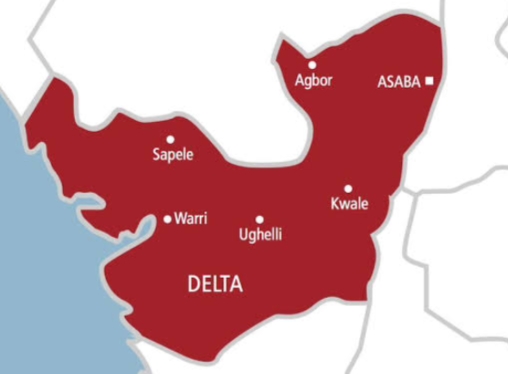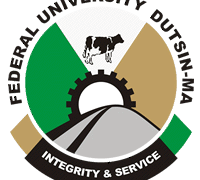The Delta State House of Assembly (DSHA) has assured that its constitutional duty would not end with the passage of bills but would ensure that the laws enacted serve the people’s interests and remain relevant in a changing society.
The Speaker of the House, Hon Emomotimi Guwor, stated this in his keynote address at a workshop organised by the Westminster Foundation for Democracy (WFD) on Post-Legislative Scrutiny in Asaba.
He said that the 8th Assembly was fully committed to ensuring that the laws it enacts are faithfully implemented by the executive arm of government.
Guwor, who spoke on “The Importance of Law and Effective Legislative Accountability: Post-Legislative Scrutiny as a Tool,” announced plans to institutionalise Post-Legislative Scrutiny (PLS) as a permanent feature of its legislative and oversight processes, in a bold move to deepen transparency, accountability, and evidence-based governance in the state.
He stressed that for any serious legislature, PLS was not optional but essential, describing it as “a subject that lies at the heart of democratic governance and effective lawmaking.”
He also commended WFD for partnering with the Assembly to promote institutional reform and strengthen the democratic process.
The Speaker also wnoted that the Assembly had passed many progressive bills already signed into law in the areas of health, education, environment, social welfare, infrastructure, and youth empowerment, but added that without structured review mechanisms, it was difficult to measure their effectiveness or identify areas that required legislative improvement.
“Establishing a culture of Post-Legislative Scrutiny will enhance the quality of our lawmaking, promote evidence-based policymaking, and deepen citizens’ trust in the legislative institution. This is why this workshop is both timely and necessary.
“Effective laws are not those that merely exist on paper but those that make a measurable difference in people’s lives. Post-Legislative Scrutiny will further ensure that the promises we make are translated into tangible outcomes for the people we represent through legislation,” Guwor stated.
The Country Director of WFD Nigeria, Mr Adebowale Olorunmola, applauded the Assembly for taking decisive steps towards institutionalising PLS, describing it as a bold and progressive move that demonstrated the Assembly’s commitment to responsive governance.
He maintained that by validating and adopting a framework for Post-Legislative Scrutiny, Delta State was positioning itself as a model for sub-national legislatures in promoting transparency, effectiveness, and citizen-centred lawmaking.
In a lecture, the Attorney-General and Commissioner for Justice, Delta State, Ekemejero Ohwovoriole, defined Post-Legislative Scrutiny as the process of reviewing and assessing how a law functions after it has been enacted to determine whether it is achieving its intended objectives and serving the people as it should.





